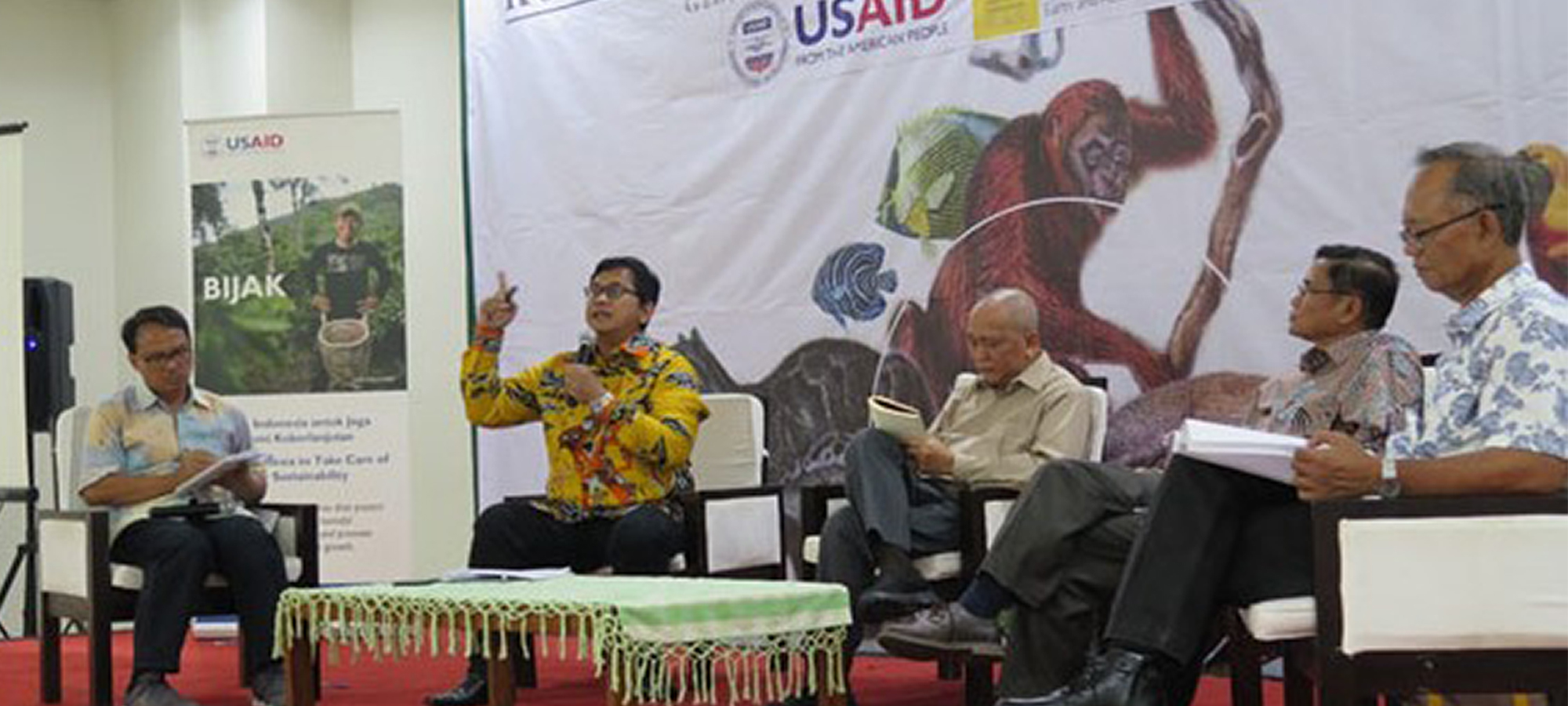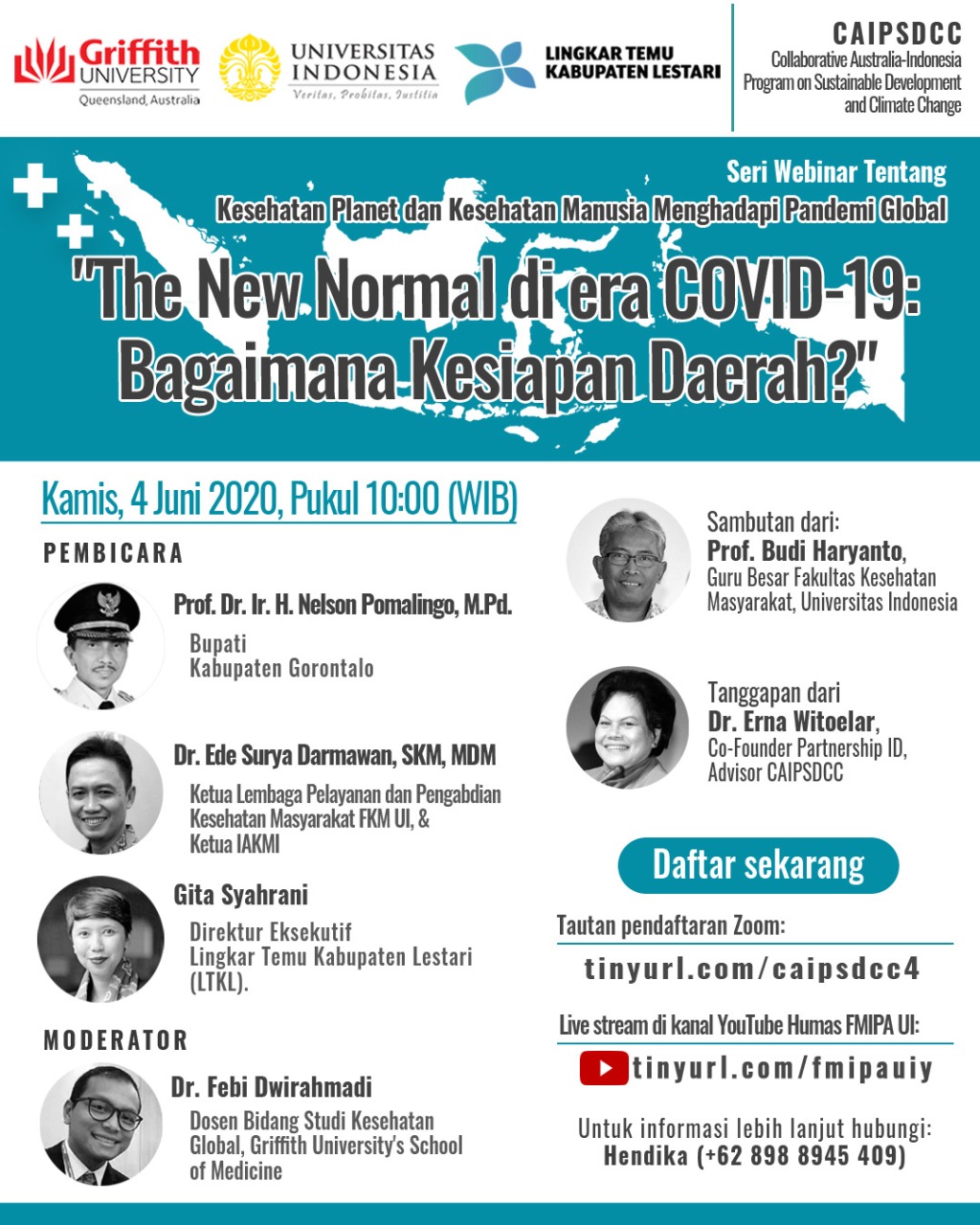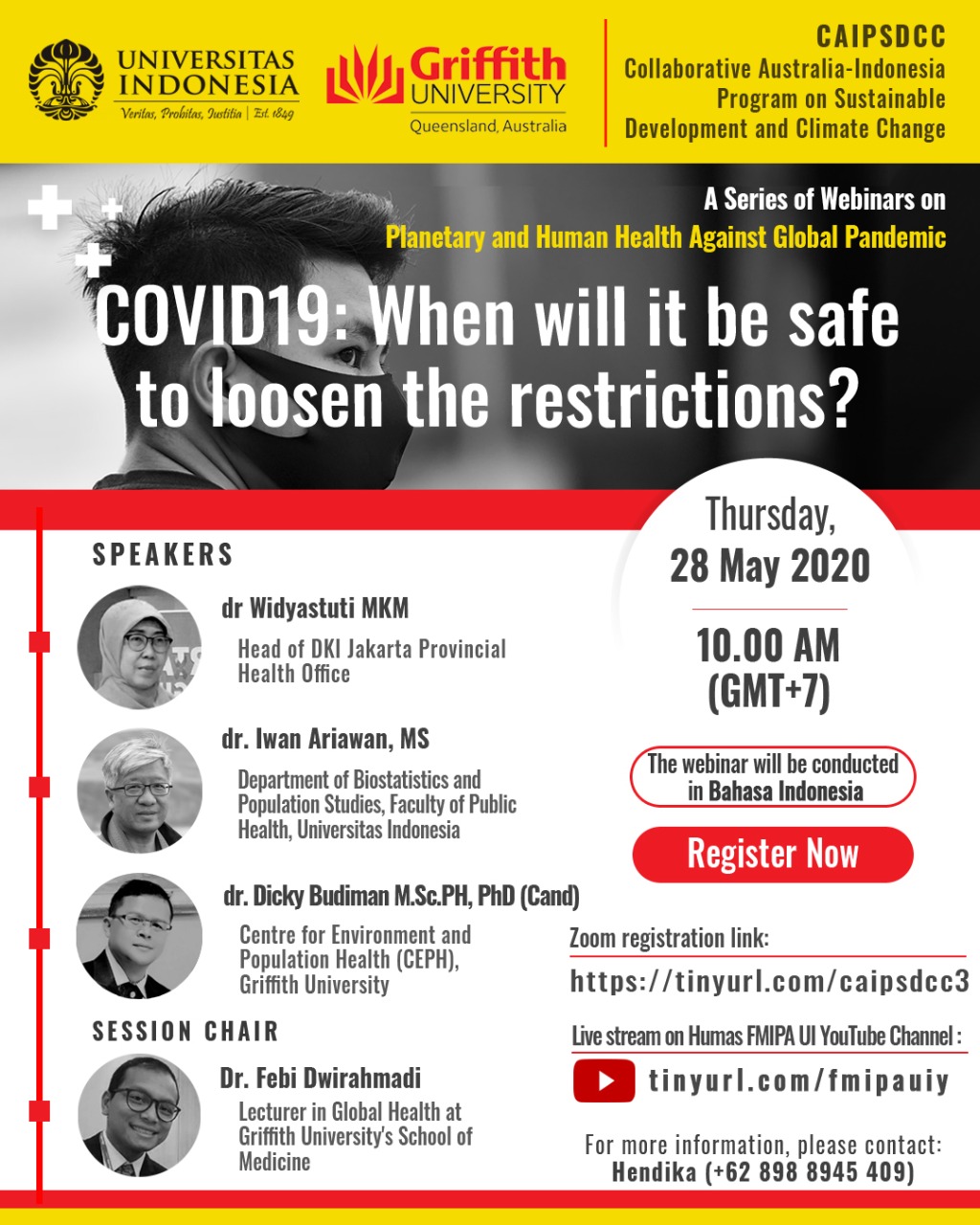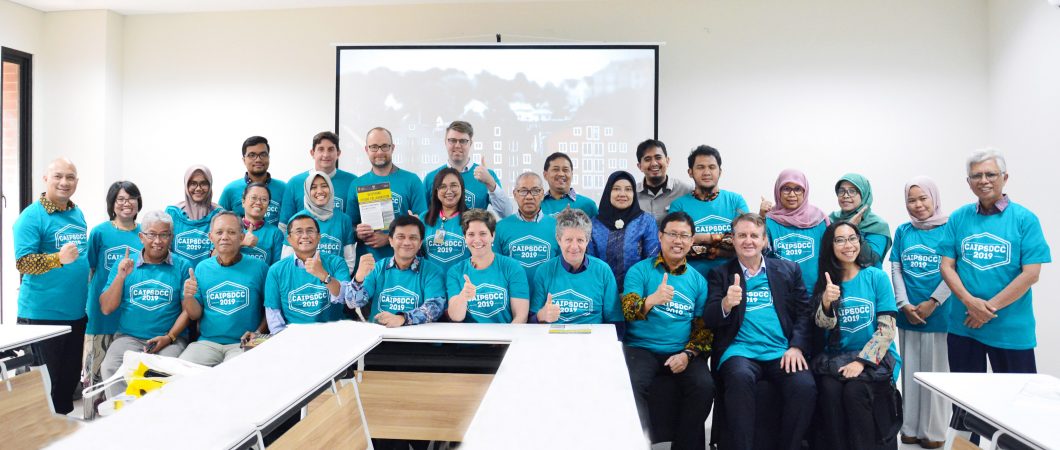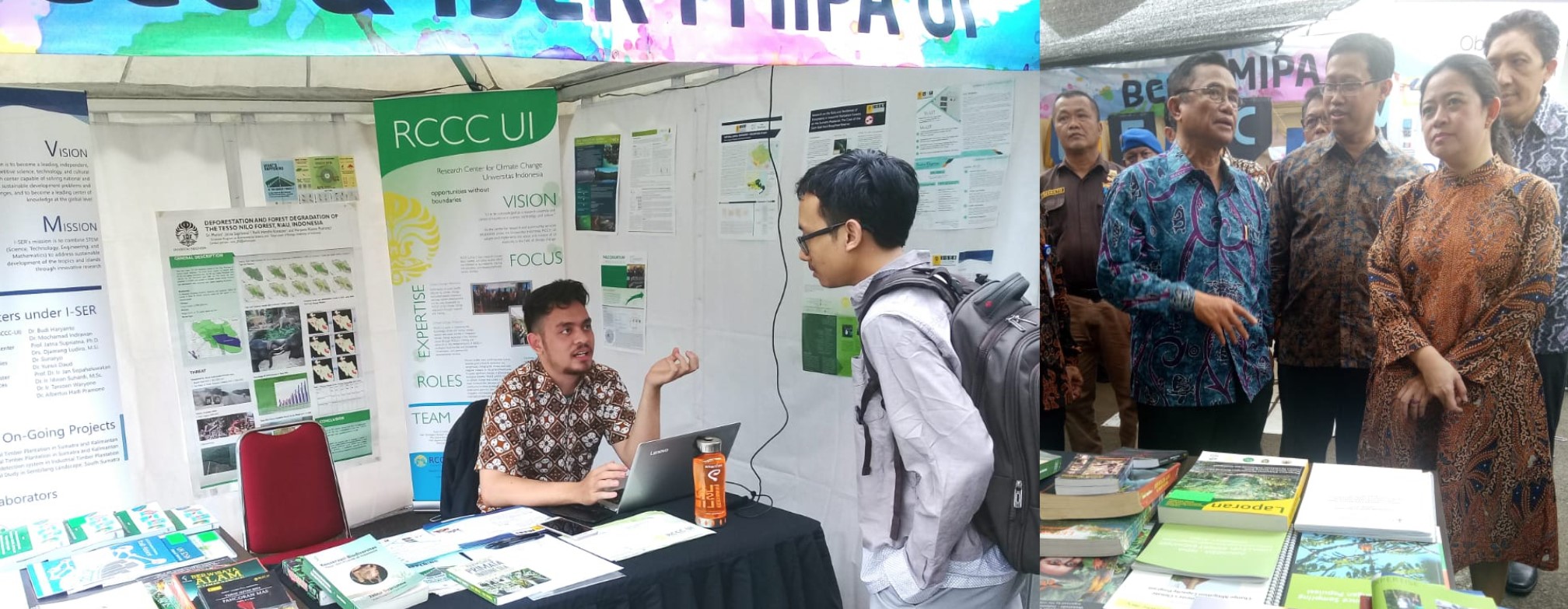Discussion of the Development law (UU) Conservation the Ecosystem and Biological Natural Resources Revision.
At this time, house of representative Republic Indonesia (DPR RI) still in proceed the revision of UU No. 5/ 1990 about natural resources and ecosystem conservation. the Legislation Committee of the DPR issued the latest law from the Conservation Law No. Revised 5/1990 as part of the new priority list 2018 National Legislation Agenda; and they have announced that the revision process is under the initiative of the DPR. The latest bill was submitted to the Government of Indonesia for input. In March 2018, a Presidential Decree dated March 20, 2018 gave a mandate to the DPR to begin discussions on the Conservation Bill. As a next step, the DPR and the Indonesian Government will sit together, reviewing the input given. After being suspended, the process of revising Law No. 5/1990 is now resumed.
Institute for Sustainable Earth and Resources (I-SER) -University of Indonesia considers it important to continue to monitor and support the legislative process. Hold a briefing on community media policy and public dialogue to discuss the latest design of the Conservation Bill according to this goal because it will also ensure the spirit of the policy community based on evidence and inclusiveness in the process by bringing experts on conservation issues, landscape approaches, species protection, and development sustainable.
To ensure the inclusiveness of the legislative process and to increase public awareness about revisions to conservation laws, public dialogue and media involvement are effective strategies for delivering key messages as mentioned above. Public dialogue and media involvement is also part of an advocacy strategy to increase public awareness, create public opinion for good conservation policies, and to develop pressure for legislators to revise the bill with input in line with the community policy call to action. Media briefing will provide more opportunities for journalists to explore issues directly with speakers and experts who will present their key findings in the bill; and public dialogue can create space for discussion, clarification and confirmation from the public through expert panelists that raise specific issues.
In directing the media, there will be in-depth exploration of issues such as management of conservation areas, best practices at the basic level, and urgency to balance anthropocentric and ecological principles to be reflected in the bill; wildlife conservation management in accordance with the CITES agreement; private sector and their involvement in conservation areas; law enforcement and public involvement and roles in conservation work. Media briefing will be led by experts from the national level, academics and civil society groups.
I-SER itself saw the development of discussions on Law No. 5/1990 by considering:
- The emergence of a new paradigm in utilizing natural resources: from sectoral to SD / PB (Sustainable Development)
- Total value of current natural resource potential and future natural resource needs
- The potential of natural resources is approaching or up to the critical point (for the existence of natural resources and communities in the sovereignty of the country concerned or even at the global level) as shown by the Public Choice Theory and the Tragedy of Commons
- Unbalanced use of natural resources à SDA support capacity per region (SDA balance sheet per watershed-based area)
- The potential of natural resources for domestic or foreign interests for the benefit of the nation and state, not for the interests of entrepreneurs


